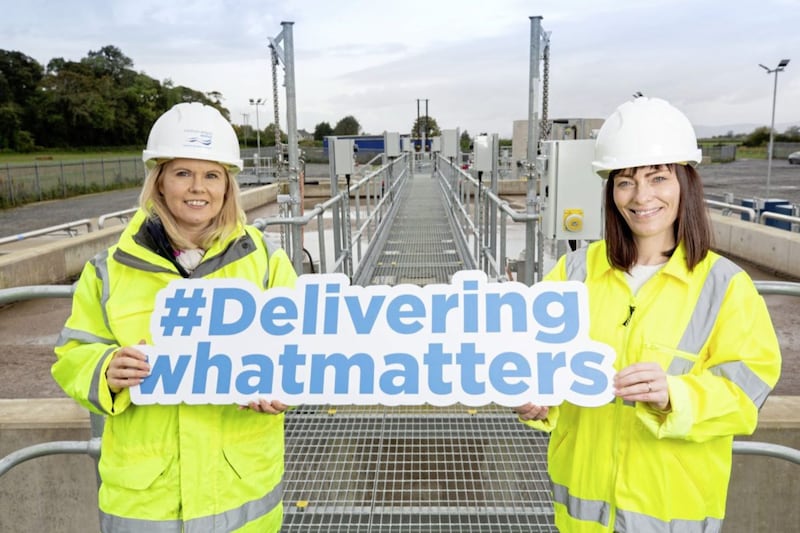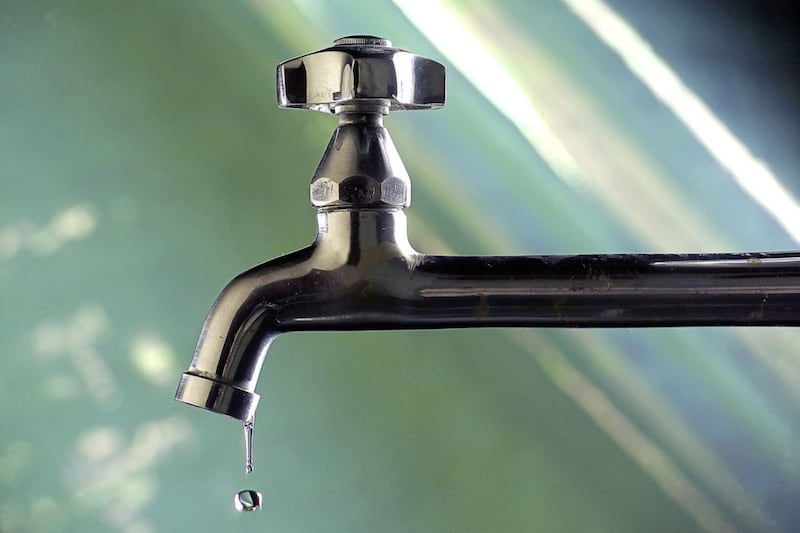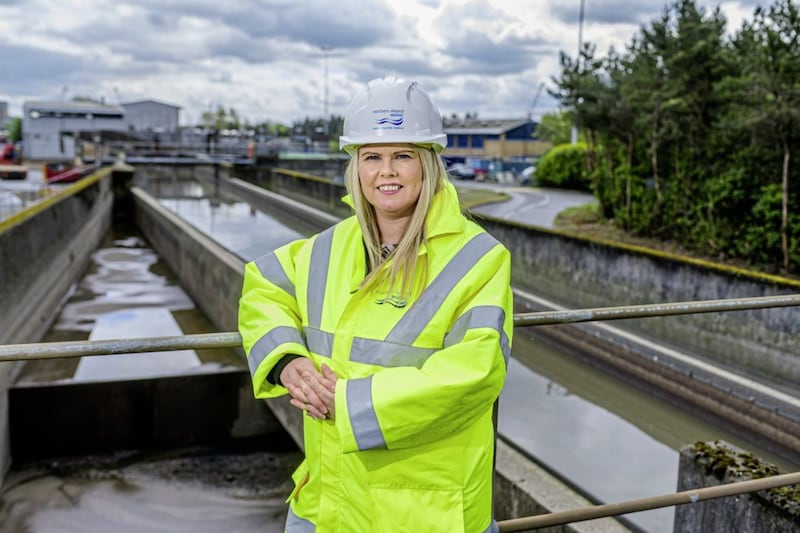THE Covid-19 pandemic illustrates the vital role that NI Water’s infrastructure plays when it comes to safeguarding the population’s health - from keeping us all supplied with the safe, clean water needed for washing and drinking, to taking sewage and wastewater away, treating it and safely returning it to our local environment. In addition, water and wastewater underpin Northern Ireland’s economy and is an enabler for economic growth.
It is well documented that NI Water’s sewage and wastewater infrastructure needs significant investment (indeed the issue is called out in the New Decade, New Approach agreement for the Northern Ireland Assembly).
Currently there are more than 100 areas across Northern Ireland, including 25 of our cities and main towns that are the main centres for economic growth, where the sewerage and wastewater infrastructure has minimal or no spare capacity left.
As a result, new connections to the sewer network needed for new housing and new business in these areas will likely not be available and by 2027 we expect another 30 towns to be added to this list.
To understand the root cause of these issues, you need to understand how NI Water is required operate.
Set up in 2007, NI Water is neither a conventional trading business nor an integrated part of the public sector. It is a government-owned company (GoCo), asked to operate with a commercial ethos but also required to adhere to the complex regulatory government rules for a GoCo using non-departmental public body (NDPB) accountability.
Ultimately this means that the level to which NI Water can invest in its infrastructure is not the result of its commercial capability, but rather it is set according to what government can afford. And for many years government has not been able to afford what has been needed.
NI Water will always prioritise its treated water infrastructure to ensure that every household, business, hospital and school has a reliable supply of safe, clean water, so when inadequate investment levels are set by Government it’s the sewerage and wastewater infrastructure that suffers.
The impact of inadequate funding can be no surprise to government. In NI Water’s published business plan for the period 2015-21 (PC15), in response to the inadequate level of investment being made available, the company stated: “NI Water has had to make difficult decisions on the allocation of capital to enhancement projects during the PC15 period. Whilst upgrades to 19 large wastewater treatment works will progress during the PC15 period, it has been necessary to defer upgrades to 81 large wastewater treatment works. This will increase the number of sewerage systems which will reach their capacity during the PC15 period. As a result we will not be able to permit new connections, which may result in development at locations across Northern Ireland being constrained”.
NI Water is the second largest land owner in Northern Ireland and the largest electricity consumer. Our assets could have a key role in facilitating the doubling of renewal energy on the grid, and help kick start a hydrogen economy here. These pivotal contributions to the region’s net carbon zero plan would be lost, by allowing the water and wastewater infrastructure to be under-invested to the extent that basic service provision is affected.
NI Water is one of a number of leading businesses that support renewable energy. We have already set ourselves the target of ensuring that 100 per cent of our electricity comes from renewable sources by 2027.
We recognise we can play a key role in supporting the wider societal shift to a decarbonised economy through areas such as planting more trees on our land, battery storage, creating a network of green charging stations for low emission vehicles, harnessing hydrogen and recovering heat from waste for homes and businesses.
In doing this, we are is demonstrating a commitment to supporting a healthy population and a flourishing natural environment which will enable economic growth.
The scale of the problem requires an inescapable step change in investment. Over £2 billion is required in our next business plan period 2021-27 (PC21). It will not fix everything, but it will make good inroads into improving the capacity issues in our sewage and wastewater infrastructure and enable much of the new housing and new business needed for economic recovery and future economic growth.
Unless government starts to invest sufficiently in Northern Ireland’s failing sewerage and wastewater, there will be difficult choices about our economy and our natural environment. It is imperative that adequate investment is secured.
Sara Venning is chief executive of NI Water









